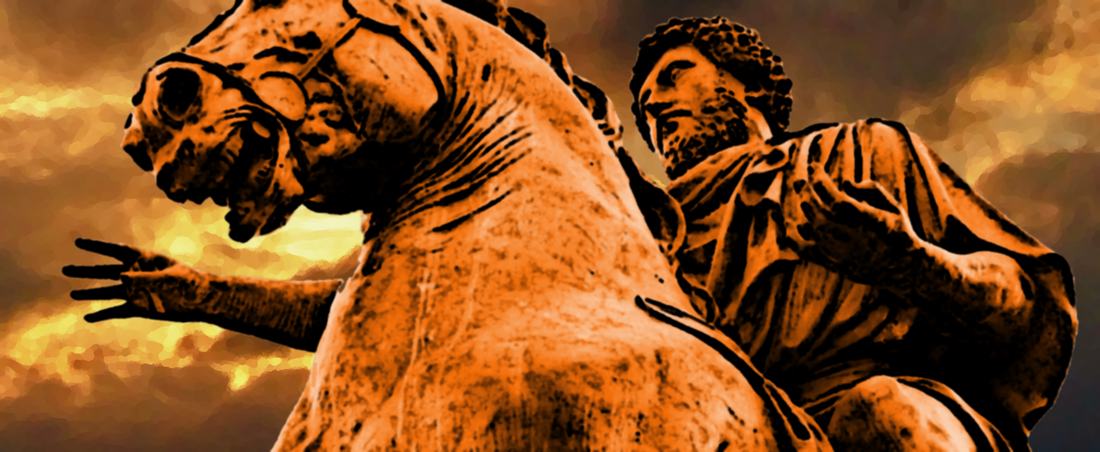Here is a section from Marcus Aurelius' Meditations which I found very judicious and profound - qualities which seemed to be forever present in the intelligent and rational character of Marcus Aurelius. Thusly, I was inspired to add this dimension to the site. I sincerely hope you enjoy it!
55. Look not around to discover other men's motives, but look straight to what nature leads you, both universal nature, through the things that befall you, and your own nature, through the acts you are compelled to do. Every being must do what its constitution requires, and all other things have been constituted to serve rational beings, just as among irrational things the inferior exists for the sake of the superior, and things with reason exist for the sake of one another.
The primary principle then in man's constitution is the social. The second is not to yield to the temptations of the body; for it is the peculiar mark of the rational and intelligent agent to set its own bounds and never to be overpowered by the activity either of the senses or the appetites, for both are animal. But the intelligent agent claims superiority and does not permit itself to be overpowered by the others. With good reason, for it is formed by nature to make use of all the rest. The third mark of a rational constitution is freedom from error and deception. Let your mind hold fast to these things and go straight on, and it has what is its own.
Author's Note:
It's worth mentioning, that when Marcus is referring to 'nature', that, in most cases, it is within the context of the definition: "the basic or inherent features of something, especially when seen as characteristic of it". Synonyms being: essence, character, disposition, complexion, and the like. However, in the second paragraph, it would seem it's within the connotation of natural law or the "physical force regarded as causing and regulating these [natural] phenomena" (i.e., the laws of nature).
Today, it sadly seems, whenever people speak the word "nature", they seem to be very limited in its usage - only referring to it either as earth or creation - or link it to animism (e.g., Mother Nature or Gaea).

